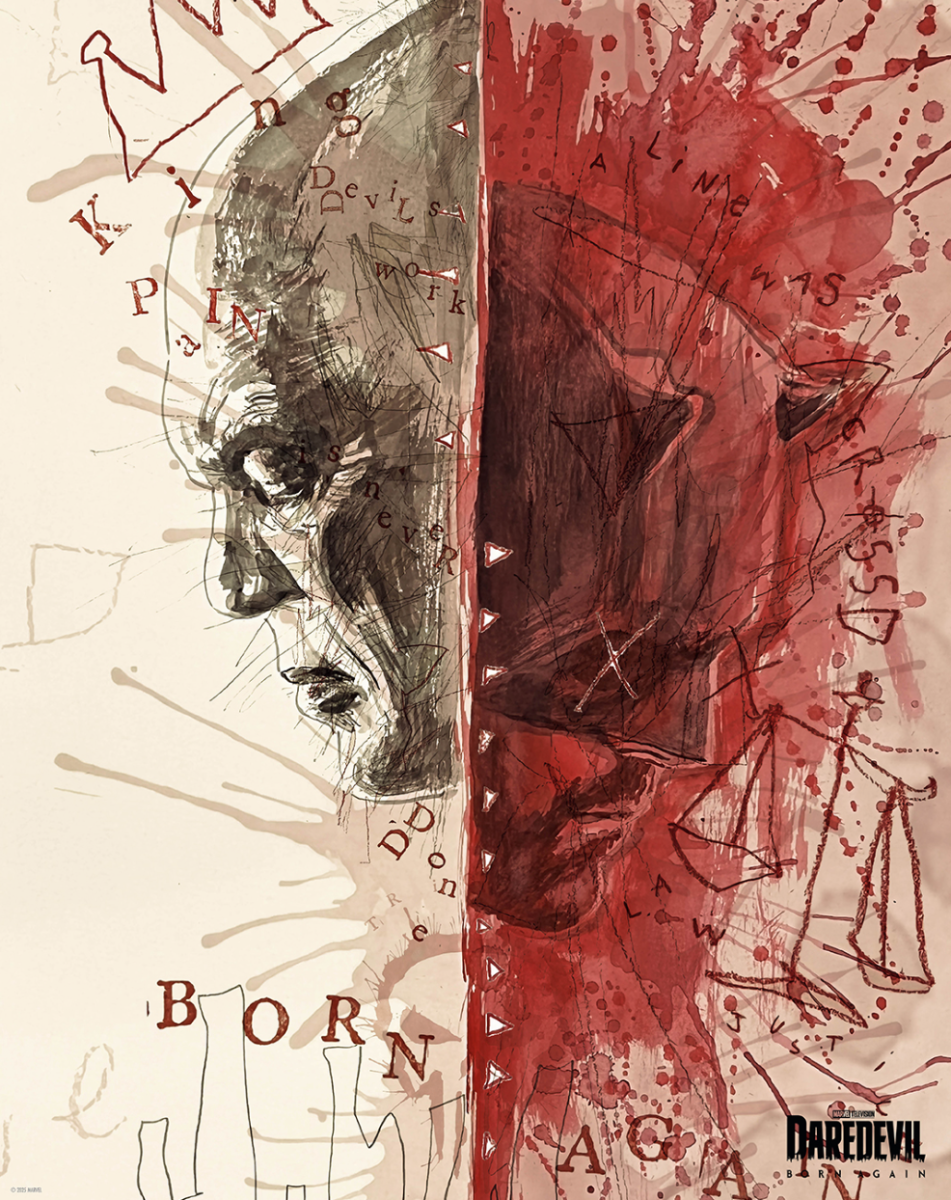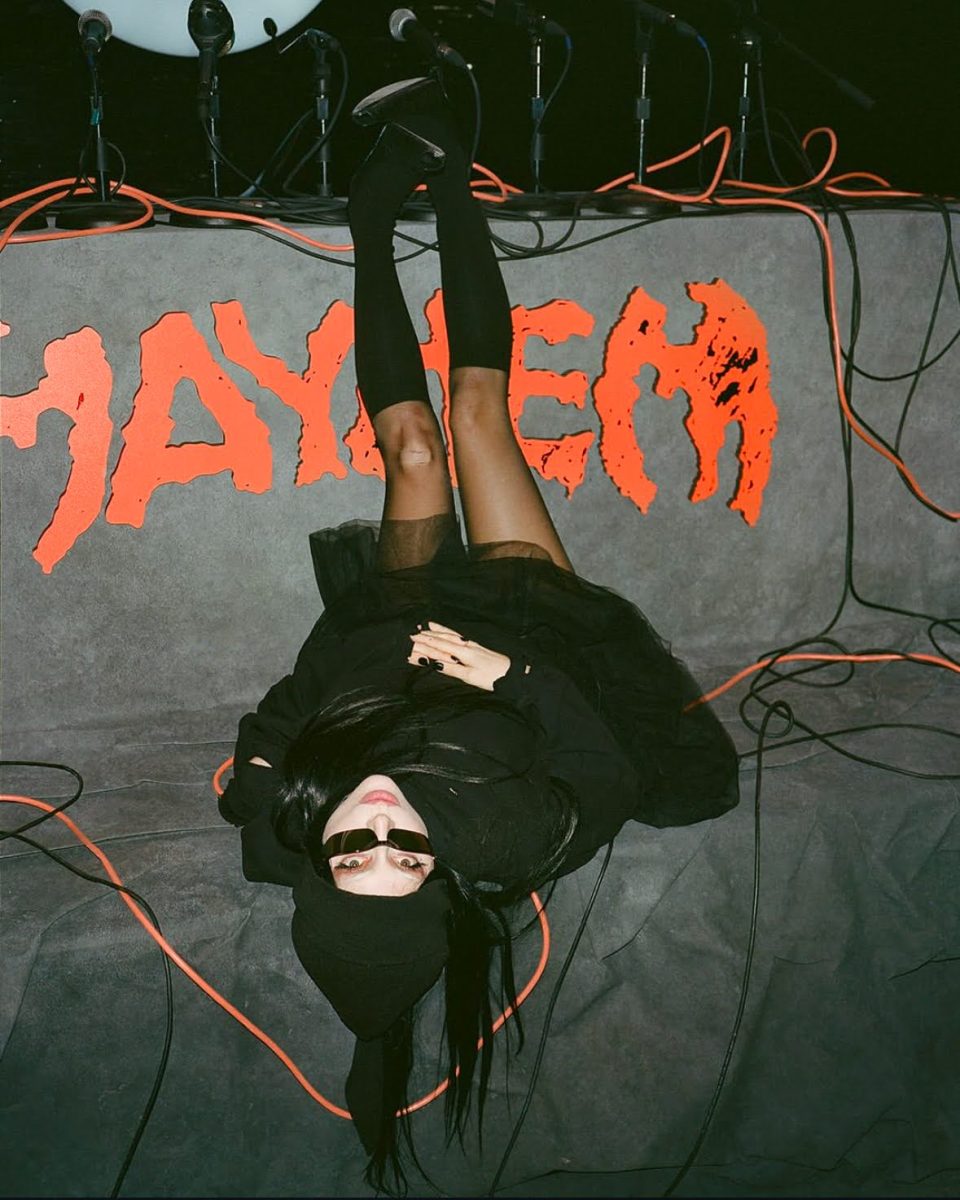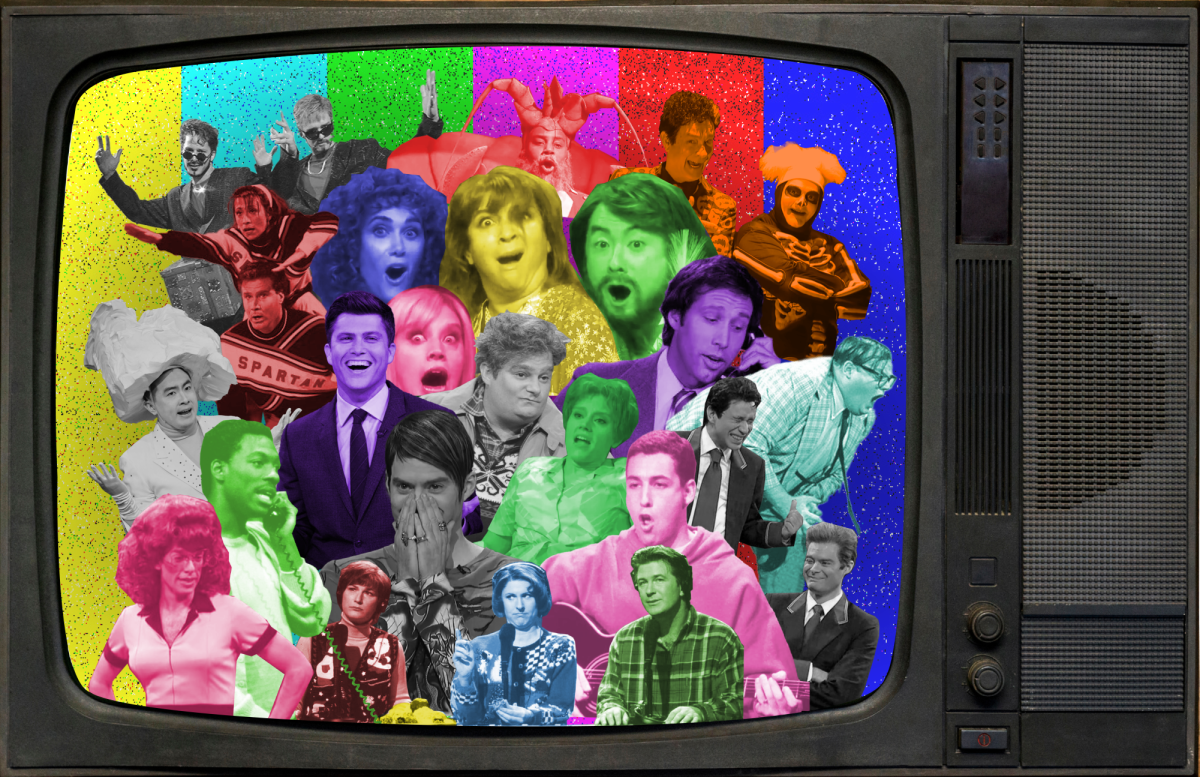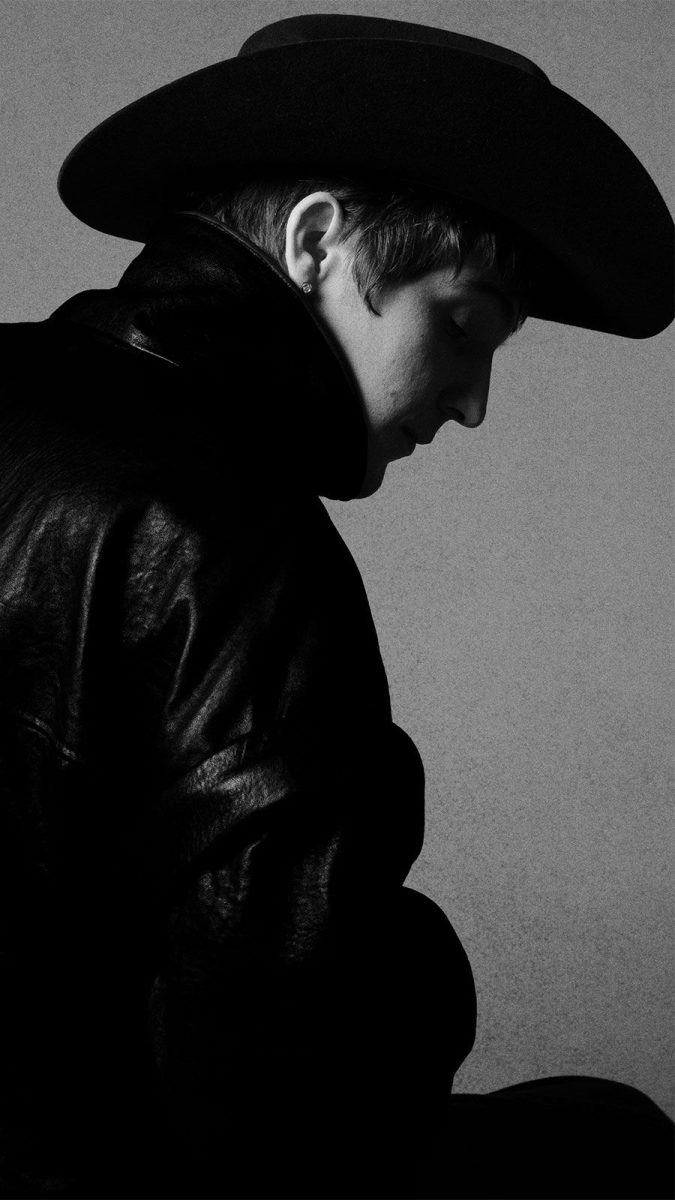By Emma Loy-Santelli
Contributing Writer

Daredevil is back. The powerhouse team-up of Marvel Entertainment and Netflix has followed up the success of last year’s foray into the life of Matt Murdock, attorney-at-law/back-alley vigilante, with a second season that pushes the story into the realm of the superheroic.
The Marvel/Netflix shows (which at this point also include last year’s “Jessica Jones”) present a new approach to comic book adaptations by targeting older viewers and digging into the dark, brutal underside of the Marvel universe.
The heroes explored in these narratives are of the street-level variety—flawed individuals with minimal superpowers, fighting villains that attack on a human level —while the aliens and robots and wholesale world-saving is left to the Avengers.
This leads to complicated stories filled with shifting shades of morality—all themes exemplified by this newest installment of the “Daredevil” franchise.
The series is set six months after the end of the first season, and Matt Murdock (Charlie Cox), a blind lawyer who—with the help of supernaturally heightened senses and years of martial arts training—spends his nights fighting crime, has settled into his role as a superhero.
After spending last season’s narrative struggling with the morality of taking the law into his own hands, in this season he is unapologetic—and the audience is made aware of this right away, with an opening sequence that could have come right out of any superhero movie.
Matt is Daredevil, and he has taken full ownership of that identity. This doesn’t mean the darkness is gone—far from it—but it is a gratifying change for a show that is, ultimately, about a superhero.
With a huge cast of spotlight-grabbing characters, this season teeters on the verge of being too busy. The introduction of Frank Castle, a.k.a, the Punisher (Jon Bernthal) and ninja assassin Elektra Natchios (Elodie Yung) fills the story with drama and conflict, almost to the point of overflow.
What is impressive is that, within all of the chaos, nearly every character is given a full narrative arc, and no one is left untouched by the events of the season. Many plots are at play, but they all intersect and merge in ways that make the rapid-fire story feel cohesive. Matt Murdock struggles, and fails, to balance his two identities, as his legal career and vigilante hobby both start heating up.
The complexity of his character comes out in the mistakes he makes. The show does not shy away from his flaws, leading him to be, at times, hugely unsympathetic. This is daring territory into which to push a protagonist, and it works.
Foggy Nelson (Elden Henson), Murdock’s best friend and law partner, is driven by his friend’s actions into a powerful dose of his own character development, pulling him much more into the spotlight than he ever was last season.
Karen Page (Deborah Ann Woll), known typically in the comics as Daredevil’s girlfriend, continues her role from last season as almost a second protagonist, as she searches for justice in her own ways while battling the internal conflict of having taken a life.
The two newcomers, Frank Castle and Elektra Natchios, are also given ample time to grow this season. While gun-toting anti-hero the Punisher has appeared before in live action, Jon Bernthal’s portrayal is something special. He is at times charming, tragic, and terrifying—a lost soul struggling to find solace in the aftermath of tragedy, but also a calculating killer with no remorse or patience for Daredevil’s nonlethal approach to fighting crime. His connections with Karen Page, as she searches for some meaning in his morality, are fascinating to see, and enhance the complexity and mystery of both characters.
Elektra Natchios, Matt Murdock’s college girlfriend-turned-ninja-assassin, has also been portrayed in live action before—but again, this version is miles beyond any previous adaptations. She is extremely complex, and the narrative slowly pulls back layer after of layer of facades to get at who she really is.
Elektra’s confidence and power hide insecurities that are slowly revealed as she and Matt gets to know each other all over again—not as they were in college, but on a deep and genuine level.
The amorphous nature of Elektra’s character makes the hunt for her true self frustrating, and the viewer—like Matt—comes away with the sense of never really getting a sense of her character.
The show’s main flaw lies in its pacing, and it feels more like a build-up to future seasons than a complete story in its own right. The climax lacks the necessary power to fully end the story, and the viewer is left with more questions than answers.
The pairing of the extremely grounded Punisher plotline with the far more mystical ninja angle only half works, and both sides of the story feel neglected, with future development presumably forthcoming.
While the first season felt like a completed whole, Daredevil season two is very much a half-told tale. However, within its packed 13 episodes it includes powerful storytelling that makes that wait for more feel worthwhile.
Yet again, Marvel and Netflix have produced a show that honors its roots while building something wonderful, painful, beautiful, and new. There has never been a better time to be a Daredevil fan.


















